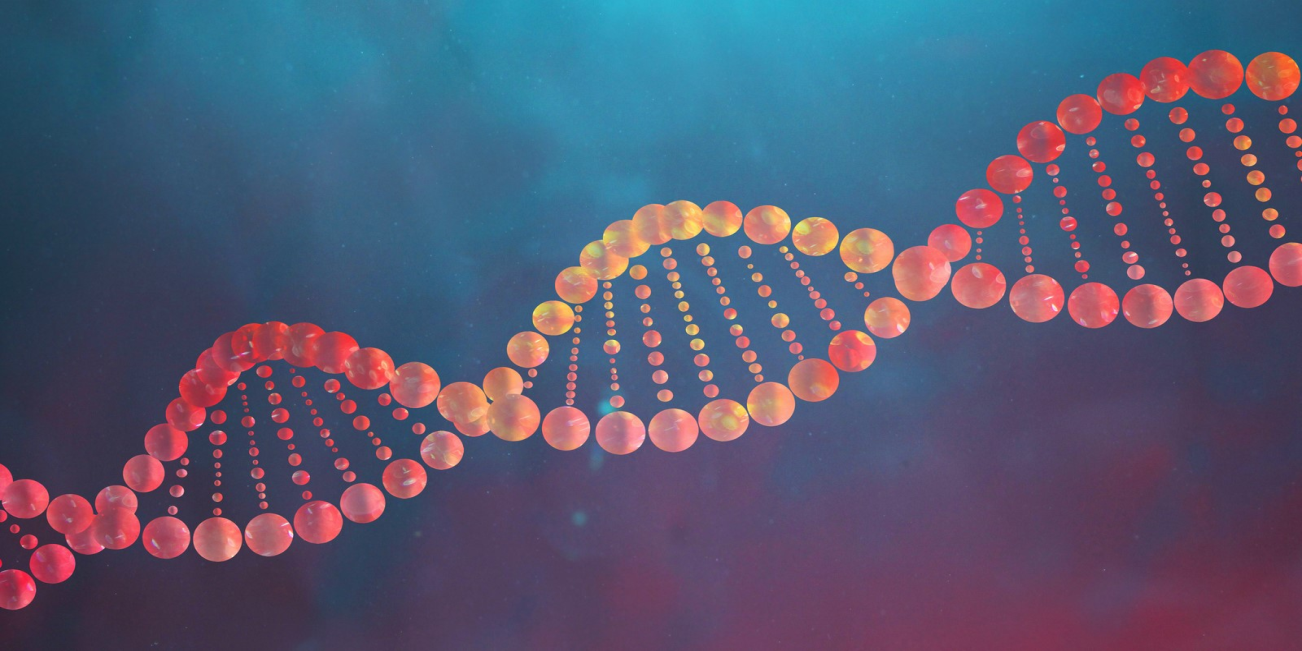Description

Copyright infringement not intended
Picture Courtesy: https://science.howstuffworks.com/life/cellular-microscopic/dna.htm
Context: Researchers discovered an anti-failure system that uses the RAD51 protein to avoid DNA over-replication and maintain genetic continuity during cell division.
Details
- Every cell division requires exact duplication of DNA to ensure that daughter cells inherit the correct genetic information. This accurate copying process, which is essential to life, is carried out by specialized cellular machinery.
- Mistakes in DNA replication can cause errors or mutations in the genetic code. These mutations may disrupt normal gene function and potentially cause diseases like cancer. Cells have evolved complex systems to ensure correct and accurate DNA duplication to prevent such errors.
Discovery of RAD51's Role in Preventing Re-replication
- Researchers at the Spanish National Cancer Research Centre (CNIO) discovered a new anti-error system involving the RAD51 protein. It serves as a key checkpoint during DNA replication, ensuring that each DNA segment is only duplicated once.
- Uncontrolled re-replication of DNA segments can result in branch breakage and chromosome instability. This could also result in the activation of cancer-causing genes (oncogenes). By limiting re-replication, RAD51 protects DNA and minimizes the chance of oncogene amplification, acting as a tumour suppressor.
Mechanism of RAD51
- RAD51 serves as an additional precaution in cases where re-replication is accidentally launched. In such cases, RAD51 binds to newly produced DNA, forming a physical barrier that stops the copying mechanism and prevents further replication of the specific DNA segment. This ensures that each segment is only replicated once during the cell division cycle, maintaining the genome's stability.

Significance of the Discovery
- The recent research provides an additional layer of defence against potentially dangerous DNA re-replication. The role of RAD51 may be especially important in pre-cancerous cells, which are more likely to overproliferate. Understanding these systems can help scientists to develop cancer prevention and treatment techniques.
Conclusion
- Understanding the complex nature of RAD51's function and potential malfunctions may allow researchers to discover and target vulnerabilities in cancer cells that depend on uncontrolled DNA replication for survival. It could lead to the development of new treatment approaches that block cancer cell development and spread.
|
PRACTICE QUESTION
Q. Which of the following best defines the role of the RAD51 protein in DNA replication?
A) It assists in separating the two strands of the DNA helix.
B) It ensures that each DNA segment is only replicated once during cell division.
C)It repairs damage to the DNA molecule after replication.
D) It inserts DNA into chromosomes before replication.
Answer: B
|











